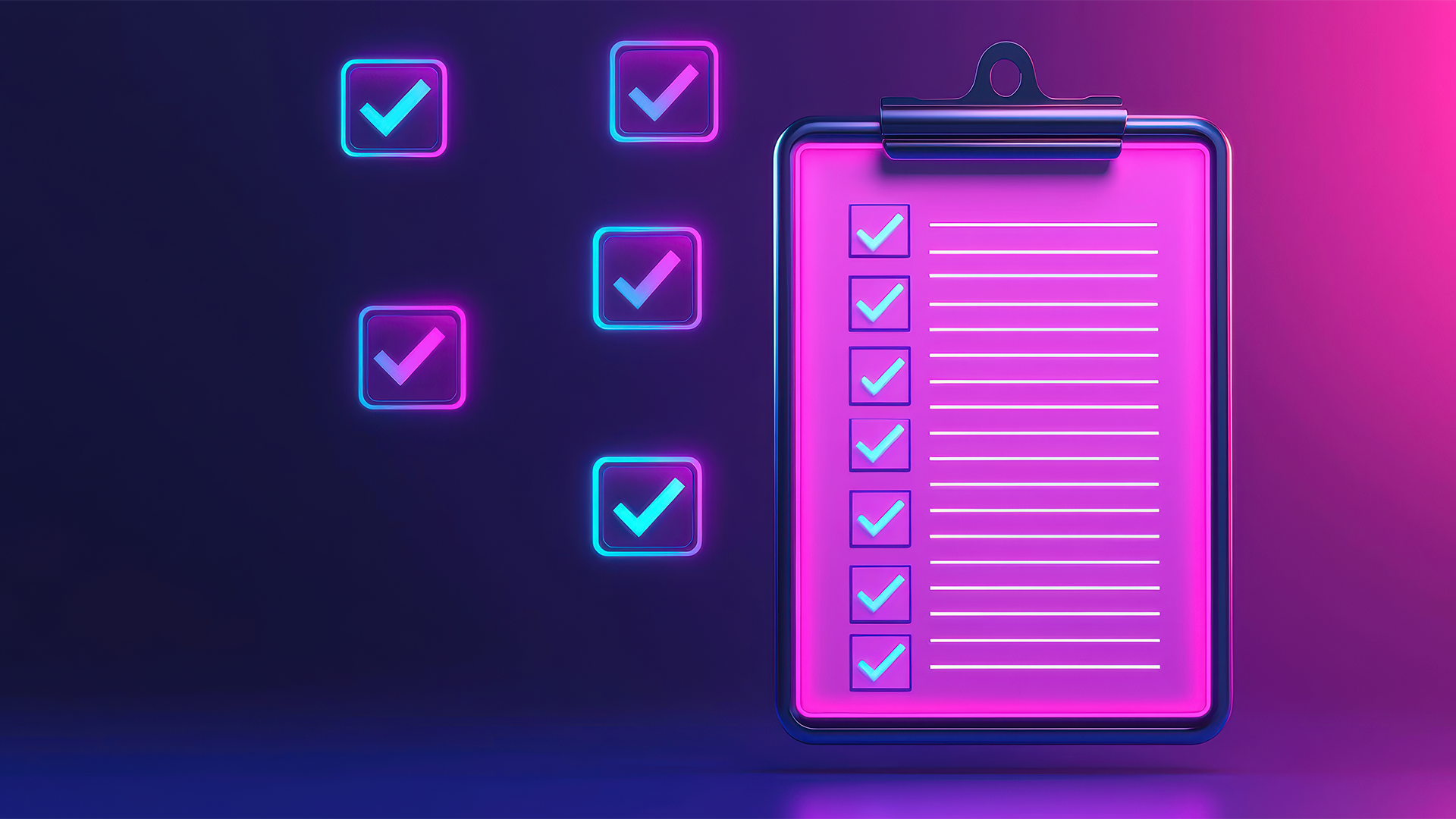
Thank you
Our team of industry domain experts combined with our guaranteed SLAs, our world class technology .


Get Immediate Help
In today’s interconnected healthcare industry, third-party vendors play a critical role. From cloud storage providers to billing services and IT support, these vendors are often integral to day-to-day operations. But with great convenience comes great responsibility—especially when Protected Health Information (PHI) is involved. Ensuring your third-party vendors are HIPAA-compliant is not just a good business practice; it’s a regulatory requirement that can make or break your data security strategy.
This blog will guide you through why vendor compliance is essential, the risks of non-compliance, and how to ensure your vendors meet HIPAA compliance requirements while safeguarding sensitive patient data.

Third-party vendors often have access to PHI, either directly or indirectly. According to HIPAA privacy compliance regulations, covered entities (like healthcare providers) are responsible for ensuring that their vendors comply with HIPAA standards.
Here’s Why It’s Critical:
Regulatory Responsibility: If a vendor mishandles PHI, your organisation could be held accountable for the breach.
Data Security Risks: Vendors can introduce vulnerabilities into your systems if their security measures aren’t robust.
Patient Trust: A data breach caused by a vendor can damage your reputation and erode patient trust.
1. Lack of Transparency
Vendors might not disclose all their security practices, making it hard to assess compliance.
2. Varying Levels of Expertise
Not all vendors understand or prioritise HIPAA compliance requirements, especially those not specialising in healthcare.
3. Complexity of Vendor Ecosystems
Managing compliance across multiple vendors can be overwhelming, particularly for large organisations.
4. Data Breach Risks
A weak link in your vendor chain can expose your organisation to breaches, penalties, and legal consequences.

A HIPAA-compliant vendor is a third-party provider that implements security measures and practices aligned with HIPAA’s data security standards. These vendors typically sign a Business Associate Agreement (BAA), acknowledging their responsibility to protect PHI and comply with HIPAA regulations.
Sign a Business Associate Agreement (BAA)
The BAA is a legally binding document that outlines the vendor’s responsibilities for safeguarding PHI. It’s a non-negotiable requirement under HIPAA.
Implement Security Safeguards
Vendors must meet HIPAA data security standards, including encryption, access control, and regular audits.
Conduct Risk Assessments
A comprehensive third-party risk management process should include regular evaluations of a vendor’s security posture.
Maintain Audit Logs
Vendors should maintain logs that track access to PHI and other sensitive data.
Ensure Breach Notification Protocols
Vendors must have procedures in place to notify your organisation promptly in the event of a breach.

To ensure third-party HIPAA compliance, use the following Vendor Compliance Checklist:
Verify Their HIPAA Knowledge: Ask for evidence of training or certifications in HIPAA compliance.
Review Security Policies: Evaluate the vendor’s encryption, data storage, and access control measures.
Request a Risk Assessment Report: Ensure the vendor conducts regular risk assessments and addresses identified vulnerabilities.
Check for Incident Response Plans: Verify that the vendor has a clear strategy for detecting, managing, and reporting breaches.
Audit Their Compliance: Conduct periodic audits of the vendor’s compliance with HIPAA standards.
Evaluate Subcontractors: Ensure the vendor’s subcontractors also comply with HIPAA.

1. Conduct Regular Risk Assessments
Risk assessments are crucial for identifying vulnerabilities in your vendor ecosystem. These assessments help you determine whether your vendors meet HIPAA’s security and privacy standards.
2. Implement Strong Access Controls
Ensure vendors only have access to the data they need to perform their services. Limiting access reduces the risk of data exposure.
3. Monitor Vendor Performance
Use tools to track vendor activities, such as access logs and incident reports. Regular monitoring ensures ongoing compliance.
4. Provide Training and Guidance
Educate your vendors on HIPAA’s requirements and your organisation’s expectations for compliance. This ensures alignment and reduces misunderstandings.
5. Use Technology Solutions
Leverage vendor risk management platforms to centralise vendor evaluations, track compliance, and automate risk assessments.
At Microminder Cybersecurity, we specialise in third-party risk management and ensuring vendors meet stringent HIPAA compliance requirements. Our services include:For organisations looking to ensure their third-party vendors are HIPAA-compliant, the following Microminder Cybersecurity services are especially beneficial:
1. Vendor Risk Management Services
How It Helps: Microminder evaluates vendors’ compliance with HIPAA data security standards through comprehensive risk assessments. This includes analysing encryption protocols, access controls, and breach notification policies.
Benefit: Identifies non-compliant vendors and provides actionable recommendations to mitigate risks.
2. HIPAA Compliance Audits
How It Helps: Conducts thorough compliance audits of third-party vendors to ensure they align with HIPAA’s stringent requirements.
Benefit: Verifies that vendors meet security, privacy, and breach notification rules, reducing the likelihood of non-compliance penalties.
3. Security Compliance Checklist Development
How It Helps: Assists organisations in creating and implementing a detailed checklist to evaluate vendor security practices, ensuring alignment with HIPAA standards.
Benefit: Provides a clear framework to assess and monitor vendor compliance.
4. Incident Response Planning for Vendors
How It Helps: Develops and tests incident response plans for vendors to ensure they can quickly detect, report, and manage data breaches involving PHI.
Benefit: Minimises downtime and exposure in the event of a breach, safeguarding both your organisation and patient data.
5. Continuous Vendor Monitoring
How It Helps: Utilises real-time monitoring tools to track vendor activities, such as data access logs and breach notifications.
Benefit: Ensures vendors maintain compliance over time and identifies potential security risks early.
6. Business Associate Agreement (BAA) Support
How It Helps: Provides guidance in drafting and reviewing BAAs with vendors, clearly outlining their responsibilities for safeguarding PHI and adhering to HIPAA standards.
Benefit: Ensures that legal agreements protect your organisation from liability related to vendor non-compliance.
7. Third-Party Vendor Compliance Training
How It Helps: Educates vendors on HIPAA compliance requirements, including data security standards and breach notification rules.
Benefit: Reduces the risk of accidental non-compliance due to vendor ignorance or oversight.
8. Data Encryption and Security Services
How It Helps: Implements robust encryption for data shared with or managed by vendors, ensuring compliance with HIPAA’s encryption standards.
Benefit: Protects PHI even if vendor systems are compromised.
9. Cybersecurity Awareness and Training for Organisations
How It Helps: Educates your internal teams on how to assess and manage vendor compliance effectively.
Benefit: Empowers your organisation to take proactive control of vendor-related risks.
In the complex landscape of healthcare, third-party vendors play a vital role in supporting operations, but they also introduce risks. Ensuring third-party vendors are HIPAA-compliant is not just a legal requirement—it’s a critical step in safeguarding sensitive patient data, maintaining trust, and avoiding costly breaches.
By implementing a vendor compliance checklist, conducting regular risk assessments, and signing comprehensive Business Associate Agreements, organisations can strengthen their third-party risk management strategies. The key is to treat vendor compliance as an ongoing process rather than a one-time task, ensuring your organisation remains aligned with HIPAA data security standards.
Protect your organisation and your patients. Contact us today to secure your vendor ecosystem and ensure full HIPAA compliance.
Don’t Let Cyber Attacks Ruin Your Business
Call
UK: +44 (0)20 3336 7200
KSA: +966 1351 81844
UAE: +971 454 01252
Contents
To keep up with innovation in IT & OT security, subscribe to our newsletter
Recent Posts
Penetration Testing | 10/11/2025
Cloud Security | 07/11/2025
Cybersecurity | 06/11/2025
What is a third-party vendor in healthcare?
A third-party vendor is an external organisation that provides services or support to healthcare entities. This can include IT providers, billing companies, cloud storage providers, and other businesses that may have access to Protected Health Information (PHI).Why is it important for third-party vendors to be HIPAA-compliant?
Vendors often handle sensitive PHI, and their non-compliance can result in data breaches, legal penalties, and reputational damage for your organisation. Ensuring vendor compliance helps safeguard patient data and align with regulatory requirements.What is a Business Associate Agreement (BAA)?
A BAA is a legal contract between a healthcare organisation and a third-party vendor that outlines the vendor’s responsibilities for safeguarding PHI and complying with HIPAA regulations.How can I determine if a vendor is HIPAA-compliant?
Use a vendor compliance checklist to evaluate their: Security measures, such as encryption and access controls. Policies for handling and protecting PHI. Incident response and breach notification plans. HIPAA training and certifications for staff.What security measures should vendors implement for HIPAA compliance?
Encryption for data at rest and in transit. Strong access controls, including multi-factor authentication. Regular risk assessments and vulnerability testing. Robust incident response plans.